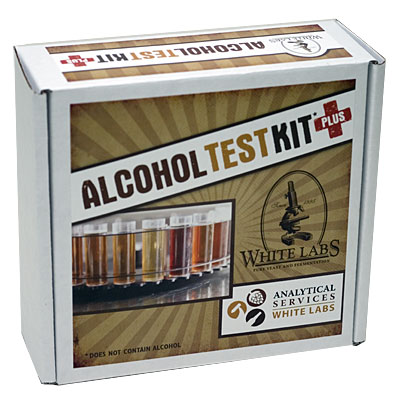- Joined
- Feb 3, 2011
- Messages
- 470
- Reaction score
- 114
So I made a bet with a couple friends about the alcohol content of a particular beer. If it was below 7.2, they win, if above, I win. If 7.2, we push. Anyway, they tell me that they asked a rep/brewer from the company and they said it is 7.1. I decided to test the beer myself, and based off of their OG of 1.071 listed on their website and my FG reading of 1.011 (which I did right in front of them, correcting for temperature and the whole nine yards), I found the beer to be around 7.9%. Being non-science majors and non-brewers, they pretty much dismiss the evidence. They say the beer is supposed to be 7.1 as the alleged brewer says. I suppose to some people that experimental evidence is just magical trickery . Who is right here? Should I pay? Should we just drop the bet? Should they pay me?
. Who is right here? Should I pay? Should we just drop the bet? Should they pay me?



